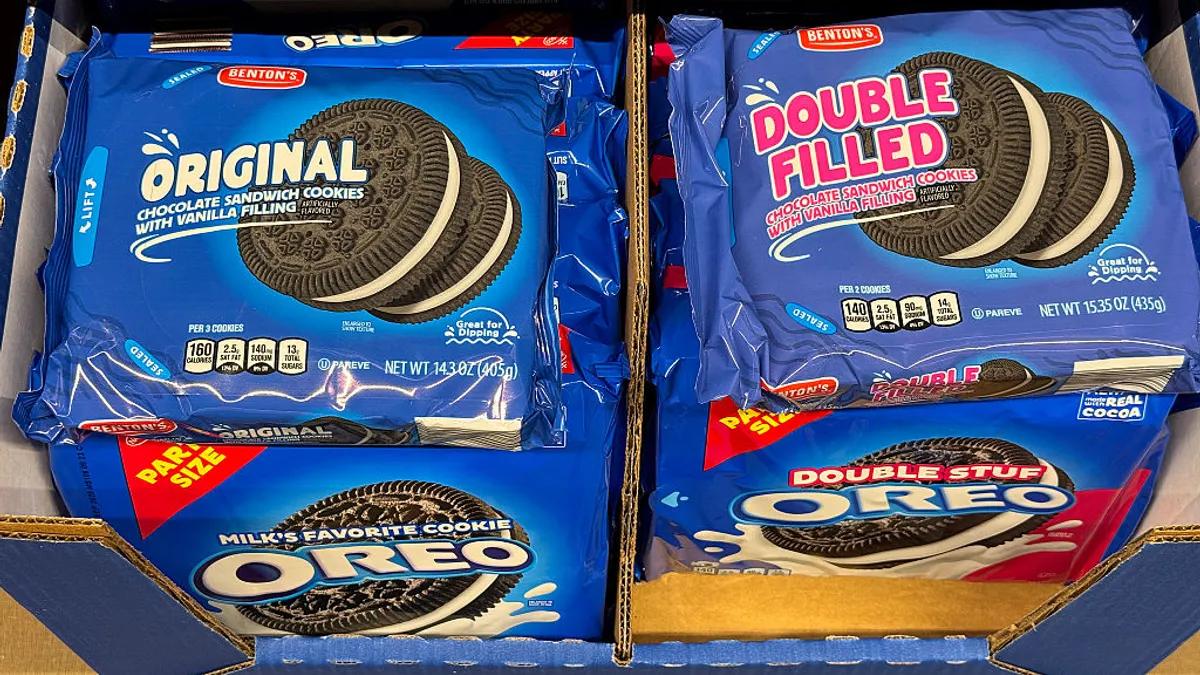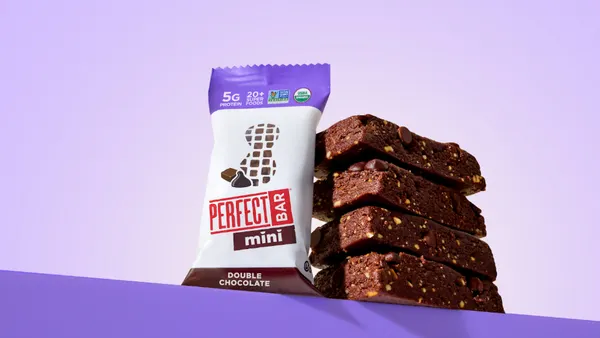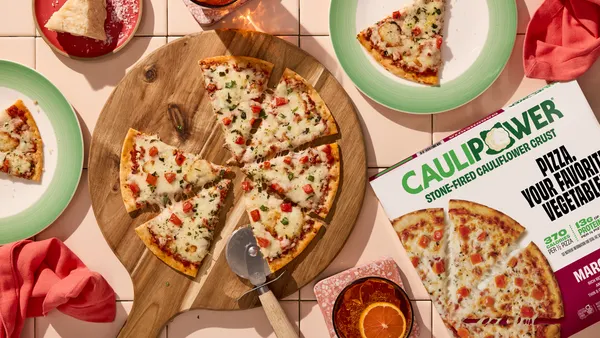Dive Brief:
-
The founder of Mexican gluten- and grain-free restaurant The Real Coconut has launched a range of chips and tortillas based on coconut flour, Food Business News reports.
-
Using coconut flour comes with challenges, particularly because it tends to absorb a lot of water, but the company claims that the chips and tortillas hold up well and taste delicious. The flour does not work well in other bakery products, creating a dense texture because of a lack of resistant starch, so the firm plans to use a blend of coconut and plantain flours in an upcoming line of gluten-free cookies.
-
Operating out of a factory in Los Angeles, the products carry the name of Daniella Hunter’s restaurant, which only serves foods that are non-GMO and free of gluten, grains, dairy and refined sugar.
Dive Insight:
Coconut products first entered the mainstream with the sudden popularity of coconut water as a natural sports drink a few years ago. They have since become enormously popular for their purported health benefits, taste, versatility and texture. Coconut has a strong health halo as an alternative ingredient in everything from cosmetics and shampoo to dairy products, packaged soups and baby food.
Apart from its gluten-free status, The Real Coconut is looking to play up the broader free-from credentials of the ingredient, particularly as a grain-free, non-GMO alternative to wheat and corn. The company has not highlighted any other nutritional benefits of coconut, but many consumers are convinced by evidence that coconut oil is beneficial for cholesterol levels, and coconut sugar is more moderate than cane sugar on the glycemic index. Meanwhile, as a plant-based product, coconut appeals to gluten- and dairy-free consumers, and taps into growing awareness of healthy fats.
However, it is the gluten-free market in North America that has driven up sales of coconut flour, where the market value is expected to reach $380 million in 2017, according to Future Market Insights. The market researcher predicts that coconut flour sales will continue to rise at a CAGR of 6.6% during the next 10 years as consumers continue to seek out gluten-free bakery ingredients. The market is also likely to grow as more food manufacturers look to the flour as a cheap, high-fiber, low-carb alternative to other gluten-free flours for products like breads, muffins, pancakes, cakes, cookies and cupcakes.











